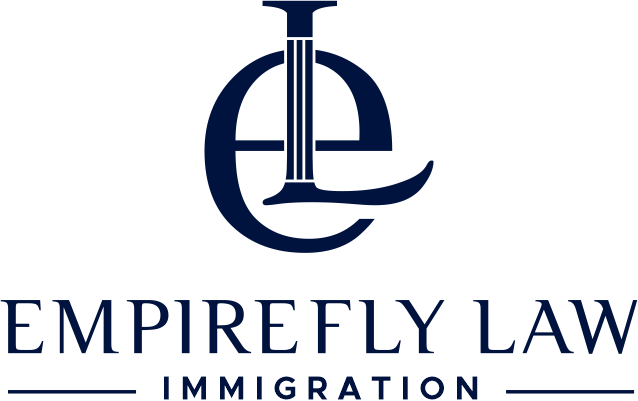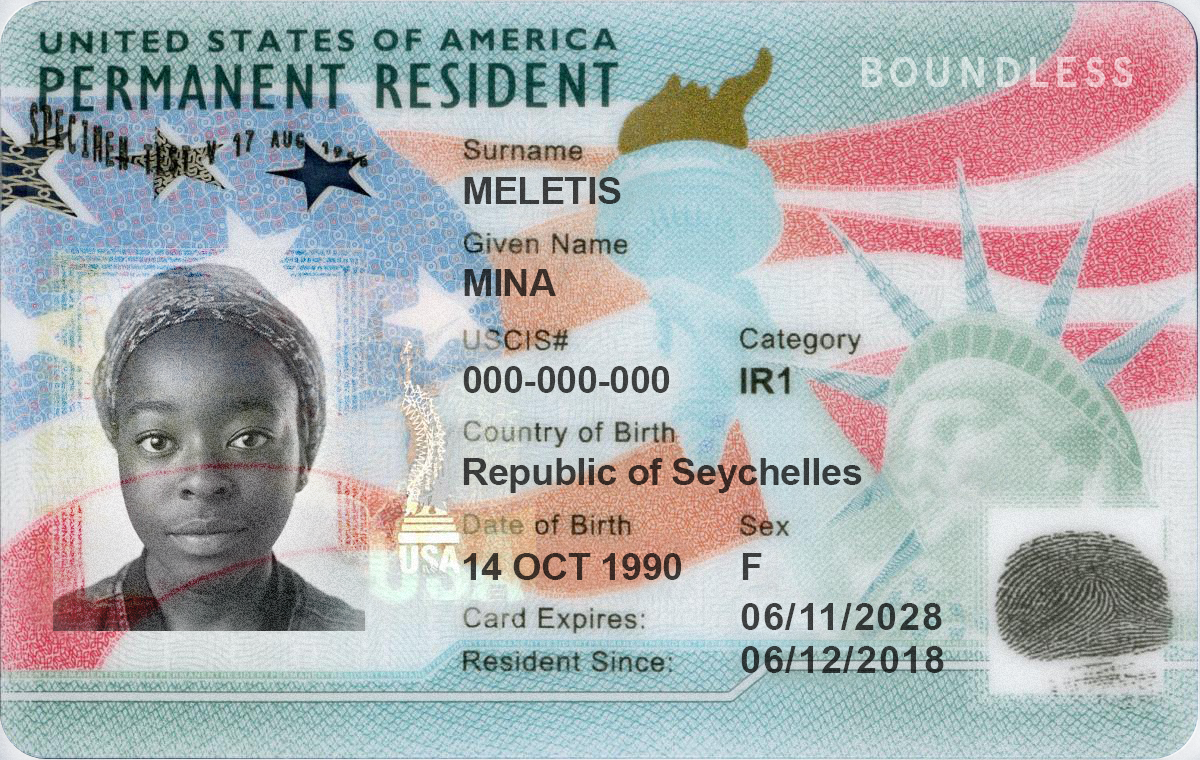Family-based immigration is a crucial pathway for Africans seeking to reunite with their loved ones in the United States. This guide provides an in-depth look at the different avenues available, including spousal visas, child and parent sponsorship, and consular processing options versus status adjustment. Understanding these processes can help streamline your immigration journey and ensure a smooth transition for your family.
1. Spousal Visas: Reuniting with Your Partner
The spousal visa is a vital option for African nationals looking to join their U.S. citizen or lawful permanent resident spouses. There are two primary types of spousal visas:
– CR-1/IR-1 Visa: This immigrant visa is for foreign nationals married to U.S. citizens. The CR-1 (Conditional Resident) visa is for marriages under two years old, while the IR-1 (Immediate Relative) visa is for marriages longer than two years. This visa grants permanent residency upon entry into the U.S.
– K-3 Visa: This visa is Designed for spouses of U.S. citizens who are waiting for their immigrant visa application to be processed. It allows the spouse to enter the U.S. while waiting for the CR-1 or IR-1 visa approval.
Application Process:
1. Petition Filing: The U.S. citizen spouse must file Form I-130 (Petition for Alien Relative).
2. Visa Application: Once approved, the foreign spouse applies for the visa through a U.S. consulate.
3. Entry and Adjustment: For the CR-1/IR-1 visa, the spouse enters the U.S. as a permanent resident. For the K-3 visa, the spouse will adjust their status to permanent resident once in the U.S.
Timeline: The process typically takes 12-18 months, depending on processing times and any additional documentation required.
2. Sponsoring Children and Parents: Keeping Families Together
Child Sponsorship:
– Immediate Relative Visa (IR-2): U.S. citizens can sponsor unmarried children under 21. This visa provides a pathway to permanent residency for the child.
– Family Preference Visa (F2A): Legal permanent residents can sponsor their spouses and unmarried children under 21. The F2A category is subject to annual limits and waiting times.
Parent Sponsorship:
– Immediate Relative Visa (IR-5): U.S. citizens can sponsor their parents for an immigrant visa. This process is typically faster as there are no annual caps on visas for parents.
Application Process:
1. Petition Filing: File Form I-130 (Petition for Alien Relative) for each family member.
2. Visa Processing: Upon approval, the family member applies for a visa at a U.S. consulate.
3. Entry and Adjustment: For IR-2 and IR-5 visas, the family members enter the U.S. and are granted permanent residency.
Timeline: The processing time varies depending on the visa category and the consulate but generally ranges from 12-24 months.
3. Consular Processing vs. Adjustment of Status: Choosing the Right Path
Consular Processing:
– What It Is: Consular processing involves applying for an immigrant visa through a U.S. embassy or consulate in the applicant’s home country.
– Steps Involved: Includes the submission of Form I-130, visa interview at the consulate, and medical examination. Upon approval, the applicant enters the U.S. as a permanent resident.
Adjustment of Status:
– What It Is: Adjustment of status is the process of applying for a green card while already in the U.S. on a different visa.
– Steps Involved: Includes filing Form I-485 (Application to Register Permanent Residence or Adjust Status), attending a biometric appointment, and an interview with USCIS.
Choosing Between the Two:
– Consular Processing is generally preferred if the applicant is outside the U.S. and needs to enter as a permanent resident.
– Adjustment of Status is suitable for those already in the U.S. and seeking to change their immigration status without leaving the country.
4. Critical Timelines and Considerations
– Petition Approval: Generally takes 6-12 months for Form I-130 to be processed.
– Visa Processing or Adjustment: Once the petition is approved, the additional processing time for consular processing or status adjustment can range from 6 to 12 months.
– Additional Delays: Requests for additional evidence, background checks, or interviews can cause delays.
Understanding these processes and timelines will help you navigate the complexities of family-based immigration more effectively. For personalized assistance and to ensure all your documents are in order, contact EMPIREFLY Immigration Law Firm today.




